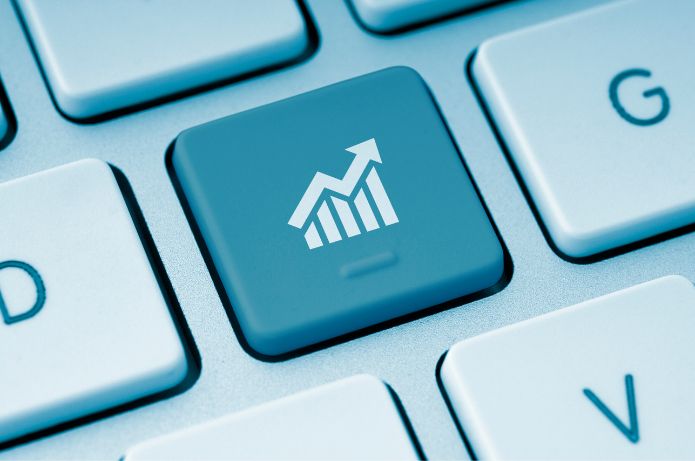Companies worldwide are paying attention to the ongoing trade tension scenario that seems far from over, with the United States imposing tariffs of up to 145% on Chinese products, and China retaliating with equally high rates of 125% on American products. In total, 180 countries are being impacted by the tariffs announced in early April by US President Donald Trump. Brazil did not escape unscathed and was affected with a 10% tariff in some sectors and 25% on national steel, one of the main materials that the country exports to the United States.
Even though Brazil had one of the lowest rates applied, the reaction in the production chain is real and impacts Brazilian logistics. In the automotive industry, for example, automakers like Stellantis, which owns the brands Chrysler, Jeep, and Dodge, temporarily paused (until the end of April) production lines at their factories in Mexico and Canada. The decision may also have repercussions on American plants that supply components to these units.
According to the expert in emergency logistics, Marcelo Zeferino, CCO of Prestex, the truth is that the industry as a whole has sounded the alarm on both ends: “If, on one side, the largest partner for selling industrialized products in Brazil is the USA and with a 10% tax, competitiveness might be lost, on the other side, Brazil’s biggest competitor in the industry, which is China, could redirect its production to Brazil, further intensifying competition in the domestic market,” he explains.
The expert states that within this “chessboard” are the logistics operators transporting loads, components, parts, machinery, grains, medicines, clothing, and consumer goods. “The real impact of this scenario will only be measured when prices stabilize. At this point, the uncertainty weakens the industry and harms the market, which doesn’t know if it needs to be more aggressive and stock up or wait, hoping for a decrease in tariffs ahead,” highlights the executive of Prestex.
However, for Marcelo Zeferino, it is necessary to see the glass as half full and turn difficulty into opportunity. He points out that in the automotive sector, China does not have a factory in Brazil and the logistics of parts, components, machinery, the so-called spare parts logistics (management of replacement parts) will become very relevant. “One thing is certain: inventory will be even more just in time, demanding a more personalized and assertive logistics, with high performance, so that the chain has flexibility in service. Some American companies are even anticipating purchases of manufactured products from Brazil. Logistics operators prepared to meet emergency demands will be ahead”, highlights the CCO.
Specializing in B2B emergency logistics, 22 years in the market, Prestex serves all segments and closely monitors the movement of parts in this strategic commercial chess game of industries. “We already have standby aircraft and predefined strategies to rapidly meet companies’ demands. The coming weeks will be decisive,” he concludes.
Prestex’s focus on air freight is due to agility, security, global coverage, the possibility of alternative routes, and rigorous security procedures, minimizing risks of losses and damages. The executive recalls that the participation of air freight in national cargo transportation still represents about 3%, while abroad it already reaches 6%.
It is certain that the logistics sector and delivery speed play a fundamental role in companies’ businesses and the country’s economic development, reflecting on the Gross Domestic Product (GDP) and job creation. According to the Brazilian Association of Logistics Operators (ABOL), the sector represents 1.8% of the national GDP and is responsible for 2.3% of the total employed population in the country.
The final analysis by the Prestex executive is that tariffs present both challenges and substantial opportunities for Brazilian logistics. “The strategic vision, combined with technology, flexibility, and the ability to adapt quickly, can elevate Brazil to a key role in global logistics, capturing the benefits of a changing economic environment,” concludes Marcelo Zeferino.







